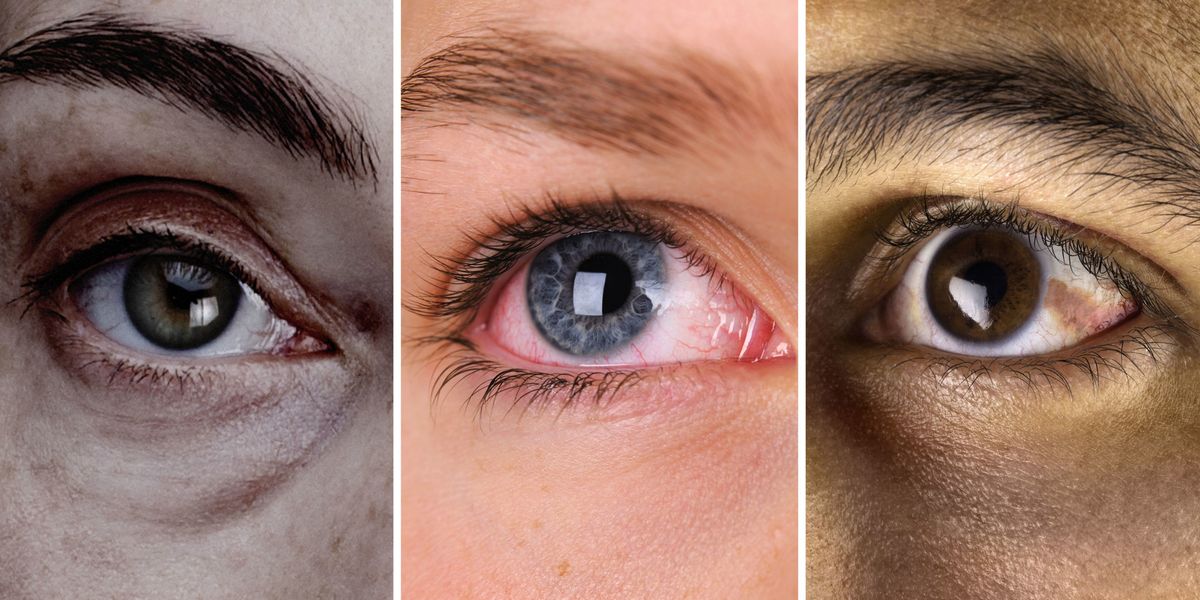Seeing The Importance Of Prevention
Apr 01, 2023
1138 Views
“Your world is not BLACK!” said Debraj Sahai, played by Amitabh Bachan to Michelle McNally played by Rani Mukerji in the film “BLACK.” Black was a 2005 Bollywood film that brought to light the challenges faced by visually impaired people and the need for proper awareness and support for individuals suffering from the condition as well as for their caretakers.
 Avoidable blindness is a significant public health problem in India. Based on recent statistics, the proportion of blind persons in India is the highest in the world, accounting for up to 15 million out of the total of 37 million people affected. So every year, the Indian government observes “Prevention of Blindness Week” from the 1st to the 7th of April to raise awareness against the causes of blindness and the ways to prevent them. Let us see what are the major conditions causing visual impairment and blindness, and how we can take proper measures to prevent or manage them.
Avoidable blindness is a significant public health problem in India. Based on recent statistics, the proportion of blind persons in India is the highest in the world, accounting for up to 15 million out of the total of 37 million people affected. So every year, the Indian government observes “Prevention of Blindness Week” from the 1st to the 7th of April to raise awareness against the causes of blindness and the ways to prevent them. Let us see what are the major conditions causing visual impairment and blindness, and how we can take proper measures to prevent or manage them.
Prevalent eye diseases in India
Eye diseases can range from minor strains in the eye, dryness, and infections, to the major ones such as optic nerve damage, partial, or complete vision loss, etc. The most prevalent forms of eye diseases in India include conjunctivitis, cataract, glaucoma, macular degeneration, diabetic retinopathy, dry eye syndrome, amblyopia, blepharitis, and entropion. Among these, cataract, glaucoma, macular degeneration, diabetic retinopathy, etc., are also the major causes of blindness in India.
Certain eye diseases are congenital such as congenital cataract, retinoblastoma, inherited metabolic disorders, etc., mostly caused by changes in certain disease-causing genes or exposure to drugs, alcohol, infections, etc, during pregnancy. Depending on the condition, the symptoms, causes, prevention, and management also vary. But a few of them are common to most of these conditions.
Following are some of the common symptoms of eye diseases:
- Itchy eyes with or without discharge
- Blurred vision, poor night vision, or vision in low light
- Eye pain; experiencing halos around lights
- Burning and scratching sensation around your eyes
- Irritation or pain
- Reduced vision, visual distortion, difficulty reading in low light
The common culprits
Although the root cause of each eye disease might differ, a few factors are considered common risk factors for eye diseases. Some of them include:
- Allergy and infection
- Toxic chemicals and irritants
- Smoking
- Deficiency of nutrients such as vitamins A, B, C, E
- Protein deficiency
- Exposure to UV rays
- Aging
- Diabetes
- Genetic predispositions
Do not turn a blind eye!
Most of the prevalent eye diseases in India are also preventable and timely intervention is key in preventing or managing such eye diseases. As prevention is always better than cure, make sure you take good care of your eyesight by following these healthy measures:
The right diet: A well-balanced diet is essential for optimal health. When It comes to your eye health, ensuring an adequate intake of food items rich in vitamins A, C, E, lutein, omega-3 fatty acids, and zinc is crucial.
Say no to smoking: Similar to your heart, for your eyes too, smoking is a big no, especially when it comes to age-related eye diseases. If you are a smoker, gradually try to quit this habit and non-smokers should take precautions to avoid exposure to secondary smoke as much as possible.
Sun protection: Just as your skin needs an SPF lotion to protect itself from harmful UV rays, your eyes also need the same kind of sun protection. Wearing sunglasses or any protective eye gear while outside during day times, especially during the peak sunlight hours is a must.
Eye exercises: Avoid putting excessive strain on your eyes by reducing screen time. In case of prolonged screen usage, ensure to take breaks in between to do certain eye exercises such as shifting vision from the screen, blinking, rotating the eyeballs, etc.
Regular eye check-ups: Regardless of whether you experience any vision issues or not, visiting your eye doctor regularly is recommended. Certain eye problems may not show visible symptoms in the beginning, but they can be picked up during your eye examinations.
Knowing your genes: Changes at the DNA or genetic level can sometimes increase your risk of developing a particular eye disease. For example, retinal detachment is an emergency eye condition, in which the retina is pulled away from its normal position. This could occur due to genetic changes and may or may not have a family history. Such changes can be picked up by undergoing a diagnostic genetic test which looks at specific genetic mutations that can cause such eye conditions.
There are also genetic predisposition testing available that help you assess your genetic risk factors which will allow you to understand your condition better and also take the right measure to manage it early.
Mapmygenome‘s Genomepatri™ is one such preventive genetic test that can tell you about your risk of developing age-related macular degeneration, which is one of the most common eye diseases in India. Talk to a genetic counselor to know more about your risk and the right genetic test for you and your family.
Our eyes are considered the jewels of our bodies and the window to our souls. And to always look on the bright side of things you need your vision. For a great vision and a bright future, you need to make sure that both your crown jewels are kept as bright and shiny as possible.

